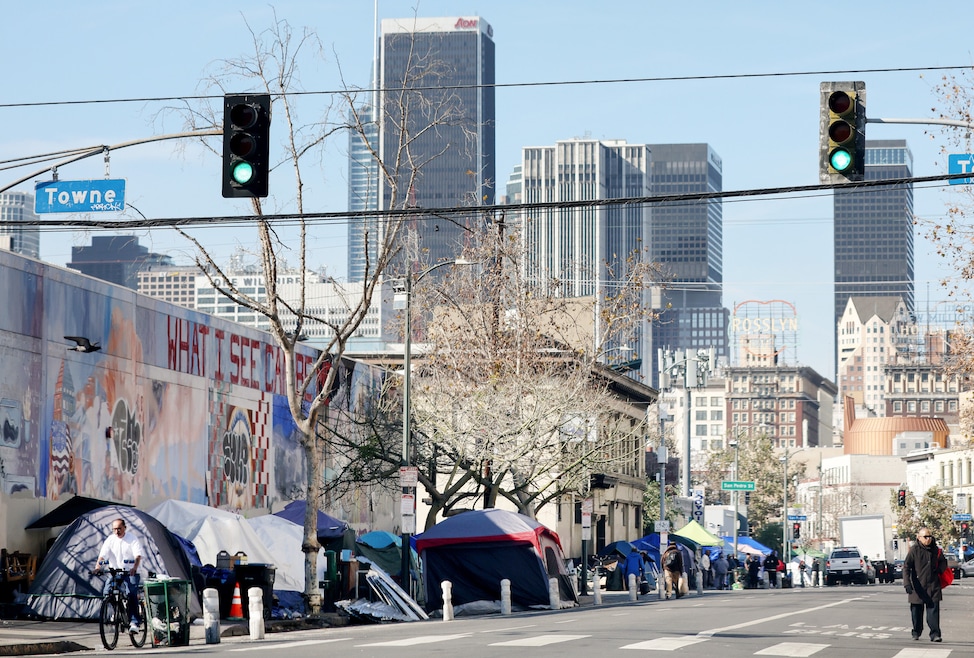US and China reach trade deal
The United States and China have landed on a trade agreement, reducing tariffs on one another’s goods for three months. The news carries promise to many in the real estate industry.
The United States will reduce taxes on Chinese goods to 30%, down from 145%, according to a joint statement the White House released Monday. In turn, China will impose a 10% tax on U.S. goods, down from 125%. The Trump administration set tariffs on China, Canada, and Mexico in February. These alone were expected to raise the cost of constructing new homes by about $10,000 on average in the United States.
The U.S. expanded its tariffs initiative in April, slapping taxes on goods imported from more countries, sending a chill through several industries — including real estate — dependent on a mix of products from across the globe.
The agreement “is a positive step as the two countries work to reach a long-term, mutually beneficial trade pact," Buddy Hughes, chairman of the National Association of Home Builders, said in a statement. "NAHB urges the administration to move quickly to obtain fair, equitable trade deals with other nations that will result in the elimination of tariffs that are currently hurting building material supply chains and raising construction costs.”
A push to raise the ‘SALT’ cap
Taxpayers may get a higher limit on deductions for their state and local taxes, or "SALT," by the end of this year. House Republicans want to raise the limit on tax deductions to $30,000 for households earning up to $400,000, a change from the current $10,000 limit, according to a report published Monday.
The first Trump administration proposed SALT under the Tax Cuts and Jobs Act of 2017. It went into effect in 2018 and was set to expire at the end of this year. Policymakers from high-tax states, including California and New York, argued that the cap disadvantages their constituents the most.
GOP seeks to continue low-income housing credits
House Republicans want to continue the low-income housing credit program through 2029. Low-income housing credits provide tax incentives to developers to build or renovate affordable housing residences with capped asking rents.
Homeless encampments ban proposed
California’s governor called for the state’s municipalities to eliminate homeless encampments while simultaneously offering $3 billion for leaders willing to follow the new initiative.
Gov. Gavin Newsom, a Democrat, asked municipalities to ban tent camps in all public spaces, according to a model ordinance his office released Monday.
Household spending holds steady
Household spending increased by 1 percent year over year in April, according to the latest monthly consumer checkpoint report by Bank of America Institute. The report looked at aggregated credit and debit card data for its cardholders.
"The financial position of most consumers appears sound," according to the report. "One sign of that: More consumers are paying off their credit card balances every month, according to Bank of America credit card data. However, we see some increase in the share of households making only the minimum payment on their credit cards, suggesting building pressures for some households."

